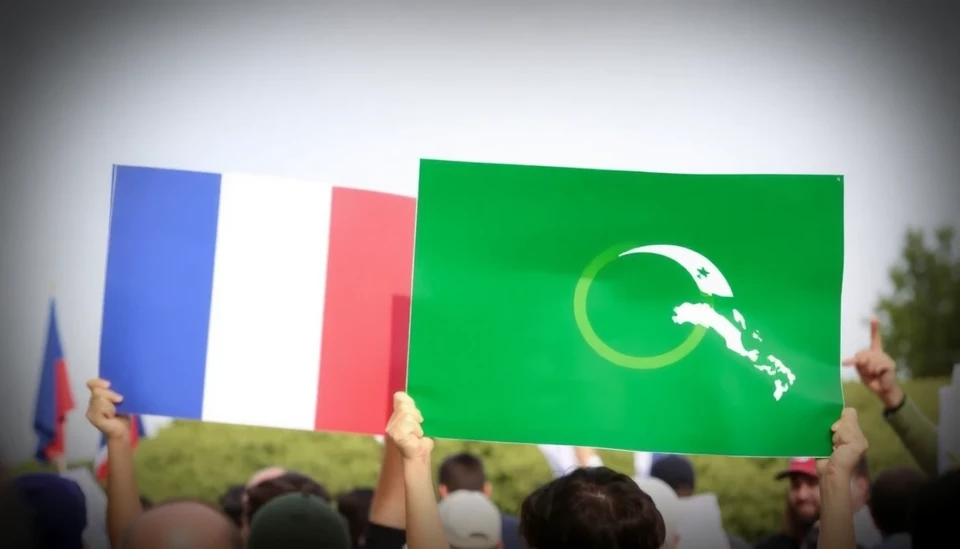
In a significant demonstration of agricultural resistance, French farmers have taken to the streets to voice their opposition to the European Union’s proposed trade agreement with the South American Mercosur bloc, which comprises Argentina, Brazil, Paraguay, and Uruguay. This protest not only highlights the growing discontent among local farmers but also raises critical questions about the impact of international trade agreements on domestic agriculture.
The farmers argue that the EU-Mercosur deal threatens their livelihoods by allowing an influx of imports from South America, where production standards and prices differ drastically from those in Europe. The main contention lies in the perceived unfair competition that such imports could pose, particularly in terms of environmental standards, food safety regulations, and agricultural subsidies that the European farmers depend on.
In recent gatherings, thousands of farmers have rallied, creating roadblocks across major routes, effectively halting traffic and drawing significant public and media attention to their cause. Farmers set out to showcase their concerns about the potential influx of low-cost agricultural products, which they fear would undermine their market share and diminish the quality of locally produced food products consumed in France.
Trade unions and agricultural associations have rallied behind these farmers, emphasizing that the deal could lead to a rapid decline in domestic agricultural jobs. "We work hard to maintain high-quality agricultural practices here in France, and we cannot compete against the standards—or lack thereof—of agricultural production in South America," said a farmer from Brittany. This sentiment echoes across various regions as farmers unite for their future and push for a reassessment of the trade agreement.
The EU Commission, however, has defended the Mercosur deal, stating that it offers several economic opportunities, including increased exports for European businesses and access to the South American market for EU products. They argue that the agreement includes provisions for sustainable development and that the potential economic benefits should not be overlooked. Nevertheless, farmers remain skeptical, questioning the enforceability of such sustainability clauses.
The protests are seen as part of a larger trend within the EU, where farmers in different countries are becoming increasingly vocal about their fears regarding trade policies that prioritize free trade at the expense of local economies. As these protests continue, farmers are calling on EU officials to reconsider the implications of such agreements and engage in more dialogues with the agricultural community to find a balance that respects both economic growth and local agricultural practices.
As tensions rise and the negotiations proceed, this situation is likely to become a focal point for discussions about the future of trade agreements in the EU and their impact on member states' farmers. The outcome of this conflict may very well influence the approach to agriculture and trade policies not just in France but across Europe.
With farmers gearing up for more demonstrations and urging for political support, the story surrounding the EU-Mercosur trade deal is far from over. The collective voice of these farmers serves as a powerful reminder of the vital role that agriculture plays in the economy and society, and the importance of prioritizing local interests in the face of globalization.
#FrenchFarmers #EUTrade #MercosurDeal #AgricultureProtests #FarmersRights #TradeAgreement #SustainableAgriculture #FoodSafety
Author: Daniel Foster




